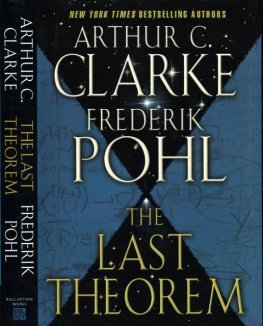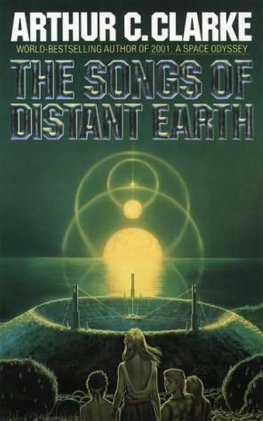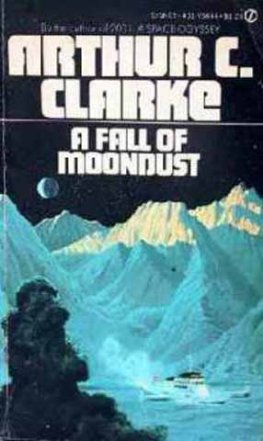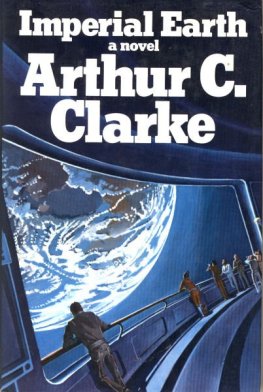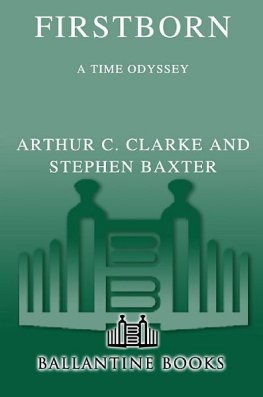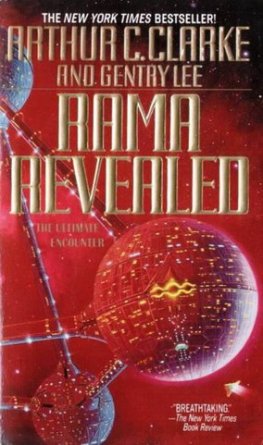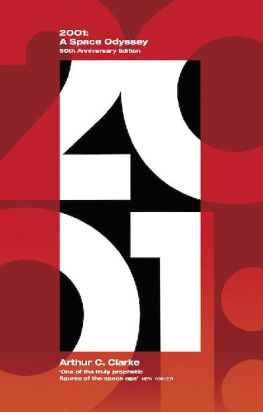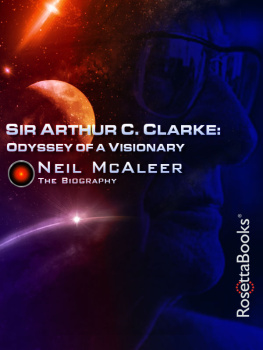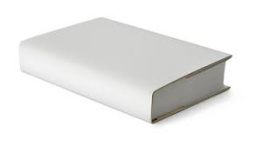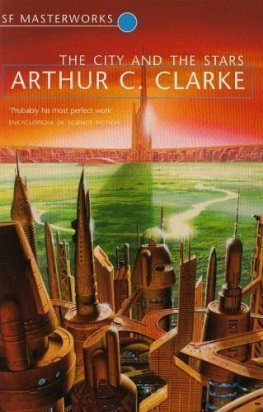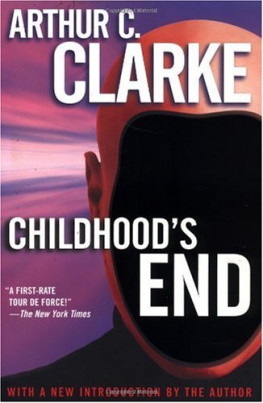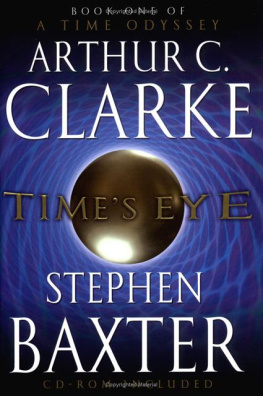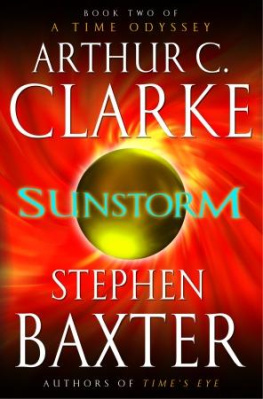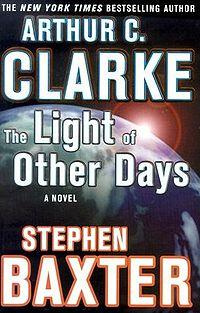Arthur Clarke - Green Fingers
Here you can read online Arthur Clarke - Green Fingers full text of the book (entire story) in english for free. Download pdf and epub, get meaning, cover and reviews about this ebook. year: 1956, genre: Science fiction. Description of the work, (preface) as well as reviews are available. Best literature library LitArk.com created for fans of good reading and offers a wide selection of genres:
Romance novel
Science fiction
Adventure
Detective
Science
History
Home and family
Prose
Art
Politics
Computer
Non-fiction
Religion
Business
Children
Humor
Choose a favorite category and find really read worthwhile books. Enjoy immersion in the world of imagination, feel the emotions of the characters or learn something new for yourself, make an fascinating discovery.

- Book:Green Fingers
- Author:
- Genre:
- Year:1956
- Rating:4 / 5
- Favourites:Add to favourites
- Your mark:
- 80
- 1
- 2
- 3
- 4
- 5
Green Fingers: summary, description and annotation
We offer to read an annotation, description, summary or preface (depends on what the author of the book "Green Fingers" wrote himself). If you haven't found the necessary information about the book — write in the comments, we will try to find it.
Green Fingers — read online for free the complete book (whole text) full work
Below is the text of the book, divided by pages. System saving the place of the last page read, allows you to conveniently read the book "Green Fingers" online for free, without having to search again every time where you left off. Put a bookmark, and you can go to the page where you finished reading at any time.
Font size:
Interval:
Bookmark:
Green Fingers
by Arthur C. Clarke
I am very sorry, now that its too late, that I never got to know Vladimir Surov. As I remember him, he was a quiet little man who could understand English but couldnt speak it well enough to make conversation. Even to his colleagues, I suspect he was a bit of an enigma. Whenever I went aboard the Ziolkovski, he would be sitting in a corner working on his notes or peering through a microscope, a man who clung to his privacy even in the tight and tiny world of a spaceship. The rest of the crew did not seem to mind his aloofness; when they spoke to him, it was clear that they regarded him with tolerant affection, as well as with respect. That was hardly surprising; the work he had done developing plants and trees that could flourish far inside the Arctic Circle had already made him the most famous botanist in Russia.
The fact that the Russian expedition had taken a botanist to the moon had caused a good deal of amusement, though it was really no odder than the fact that there were biologists on both the British and American ships. During the years before the first lunar landing, a good deal of evidence had accumulated hinting that some form of vegetation might exist on the moon, despite its airlessness and lack of water. The president of the U.S.S.R. Academy of Science was one of the leading proponents of this theory, and being too old to make the trip himself had done the next best thing by sending Surov.
The complete absence of any such vegetation, living or fossil, in the thousand or so square miles explored by our various parties was the first big disappointment the moon had reserved for us. Even those sceptics who were quite certain that no form of life could exist on the moon would have been very glad to have been proved wrongas of course they were, five years later, when Richards and Shannon made their astonishing discovery inside the great walled plain of Eratosthenes. But that revelation still lay in the future; at the time of the first landing, it seemed that Surov had come to the moon in vain.
He did not appear unduly depressed, but kept himself as busy as the rest of the crew studying soil samples and looking after the little hydroponic farm whose pressurized, transparent tubes formed a gleaming network around the Ziolkovski. Neither we nor the Americans had gone in for this sort of thing, having calculated that it was better to ship food from Earth than to grow it on the spotat least until the time came to set up a permanent base. We were right in terms of economics, but wrong in terms of morale. The tiny airtight greenhouses inside which Surov grew his vegetables and dwarf fruit trees were an oasis upon which we often feasted our eyes when we had grown tired of the immense desolation surrounding us.
One of the many disadvantages of being commander was that I seldom had much chance to do any active exploring; I was too busy preparing reports for Earth, checking stores, arranging programmes and duty rosters, conferring with my opposite numbers in the American and Russian ships, and tryingnot always successfullyto guess what would go wrong next. As a result, I sometimes did not go outside the base for two or three days at a time, and it was a standing joke that my space suit was a haven for moths.
Perhaps it is because of this that I can remember all my trips outside so vividly; certainly I can recall my only encounter with Surov. It was near noon, with the sun high above the southern mountains and the new Earth a barely visible thread of silver a few degrees away from it. Henderson, our geophysicist, wanted to take some magnetic readings at a series of check points a couple of miles to the east of the base. Everyone else was busy, and I was momentarily on top of my work, so we set off together on foot.
The journey was not long enough to merit taking one of the scooters, especially because the charges in the batteries were getting low. In any case, I always enjoyed walking out in the open on the moon. It was not merely the scenery, which even at its most awe-inspiring one can grow accustomed to after a while. Nowhat I never tired of was the effortless, slow-motion way in which every step took me bounding over the landscape, giving me the freedom that before the coming of space flight men only knew in dreams.
We had done the job and were halfway home when I noticed a figure moving across the plain about a mile to the south of usnot far, in fact, from the Russian base. I snapped my field glasses down inside my helmet and took a careful look at the other explorer. Even at close range, of course, you cant identify a man in a space suit, but because the suits are always coded by colour and number that makes no practical difference.
Who is it? asked Henderson over the short-range radio channel to which we were both tuned.
Blue suit, Number 3that would be Surov. But I dont understand. Hes by himself.
It is one of the most fundamental rules of lunar exploration that no one goes anywhere alone on the surface of the moon. So many accidents can happen, which would be trivial if you were with a companionbut fatal if you were by yourself. How would you manage, for example, if your space suit developed a slow leak in the small of the back and you couldnt put on a repair patch? That may sound funny; but its happened.
Perhaps his buddy has had an accident and hes going to fetch help, suggested Henderson. Maybe we had better call him.
I shook my head. Surov was obviously in no hurry. He had been out on a trip of his own, and was making his leisurely way back to the Ziolkovski. It was no concern of mine if Commander Krasnin let his people go out on solo trips, though it seemed a deplorable practice. And if Surov was breaking regulations, it was equally no concern of mine to report him.
During the next two months, my men often spotted Surov making his lone way over the landscape, but he always avoided them if they got too near. I made some discreet inquiries, and found that Commander Krasnin had been forced, owing to shortage of men, to relax some of his safety rules. But I couldnt find out what Surov was up to, though I never dreamed that his commander was equally in the dark.
It was with an I told you so feeling that I got Krasnins emergency call. We had all had men in trouble before and had had to send out help, but this was the first time anyone had been lost and had not replied when his ship had sent out the recall signal. There was a hasty radio conference, a line of action was drawn up, and search parties fanned out from each of the three ships.
Once again I was with Henderson, and it was only common sense for us to backtrack along the route that we had seen Surov following. It was in what we regarded as our territory, quite some distance away from Surovs own ship, and as we scrambled up the low foot-hills it occurred to me for the first time that the Russian might have been doing something he wanted to keep from his colleagues. What it might be, I could not imagine.
Henderson found him, and yelled for help over his suit radio. But it was much too late; Surov was lying, face down, his deflated suit crumpled around him. He had been kneeling when something had smashed the plastic globe of his helmet; you could see how he had pitched forward and died instantaneously.
When Commander Krasnin reached us, we were still staring at the unbelievable object that Surov had been examining when he died. It was about three feet high, a leathery, greenish oval rooted to the rocks with a wide-spread network of tendrils. Yesrooted; for it was a plant. A few yards away were two others, much smaller and apparently dead, since they were blackened and withered.
My first reaction was: So there is life on the moon, after all! It was not until Krasnins voice spoke in my ears that I realized how much more marvellous was the truth.
Font size:
Interval:
Bookmark:
Similar books «Green Fingers»
Look at similar books to Green Fingers. We have selected literature similar in name and meaning in the hope of providing readers with more options to find new, interesting, not yet read works.
Discussion, reviews of the book Green Fingers and just readers' own opinions. Leave your comments, write what you think about the work, its meaning or the main characters. Specify what exactly you liked and what you didn't like, and why you think so.

